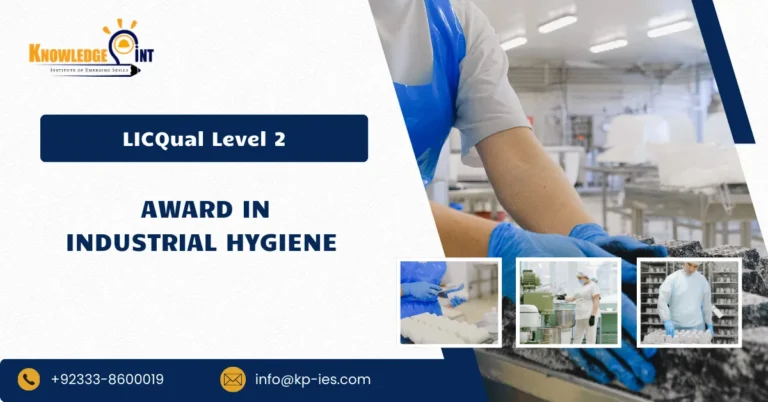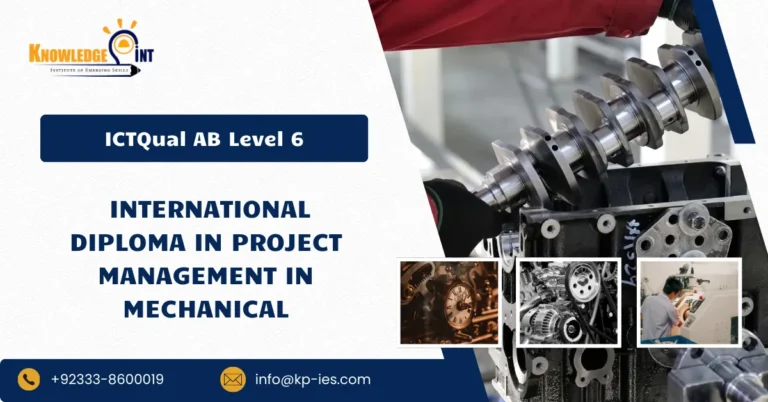ICTQual AB Level 6 International Diploma
Petroleum Engineering
Awarding Body
ICTQual AB
Credits
360 Credits
Course
Oil and Gas, Petroleum & Energy
study mode
Online Learning
Course overview
The ICTQual AB Level 6 International Diploma in Petroleum Engineering is designed for individuals aiming to build advanced expertise in the exploration, extraction, and production of oil and gas resources. This qualification provides learners with a strong theoretical and practical foundation in petroleum engineering principles, equipping them to understand the technical, economic, and environmental aspects of hydrocarbon recovery. It prepares professionals to work effectively in upstream, midstream, and downstream sectors of the global energy industry.
Throughout the programme, learners develop critical problem-solving, analytical, and technical skills essential for addressing complex challenges in petroleum exploration and production. Key areas of study include drilling engineering, reservoir engineering, production operations, petrophysics, petroleum geology, and enhanced oil recovery techniques. The course also emphasises health, safety, environmental management, and the application of modern digital tools and simulation software to optimise petroleum operations.
This diploma is ideal for aspiring petroleum engineers, reservoir engineers, drilling engineers, production supervisors, and energy sector professionals. Graduates gain the competence to assess reservoir performance, design efficient extraction methods, and support multidisciplinary teams in oil and gas projects. The Level 6 qualification also offers progression pathways to postgraduate study, professional engineering certifications, and senior technical or managerial roles in the international petroleum and energy industries.

Approved Training centre of ICTQual AB
Centre # : ATC24001

Entry Requirments
Entry Requirements for the ICTQual AB Level 6 International Diploma in Petroleum Engineering:
- Educational Qualifications:Applicants should hold a Level 5 qualification or equivalent in petroleum engineering, mechanical engineering, chemical engineering, or a related technical discipline.
- Professional Experience:Relevant experience in oil and gas operations, drilling, reservoir management, or energy sector roles is preferred; substantial practical experience may be considered in place of formal qualifications.
- English Language Proficiency:Since the program is delivered in English, learners must show competence in reading, writing, and communication.
Course structure
The ICTQual AB Level 6 International Diploma in Petroleum Engineering in Personal Protective Equipment qualification consists of 36 mandatory units.






